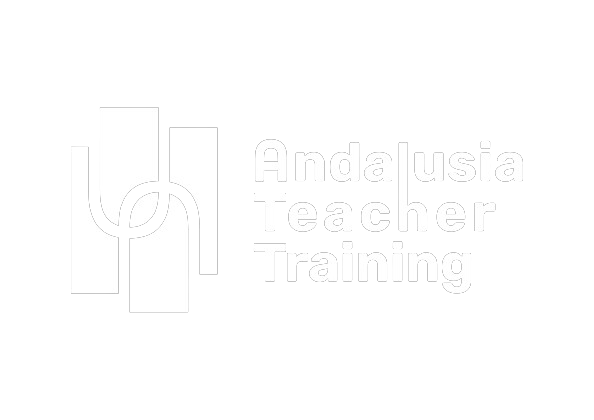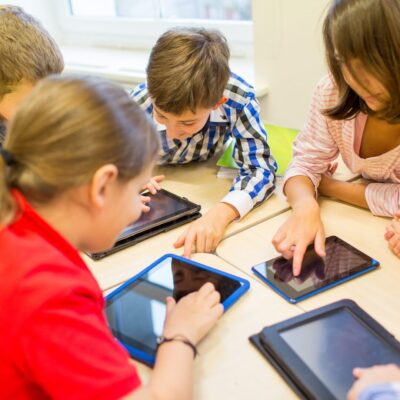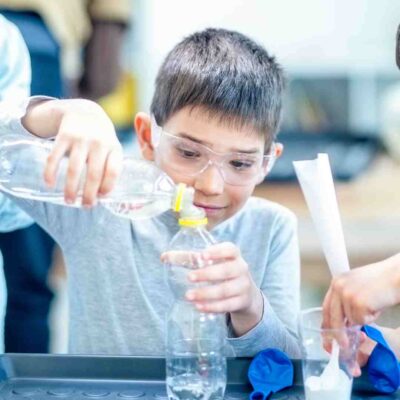
COURSES
INNOVATIVE TEACHING METHODS

Project-based Learning
Flipped Classrooms
Gamification
Innovative teaching methods are transforming education by making learning more engaging, personalized, and effective. Techniques such as project-based learning, flipped classrooms, and gamification shift the focus from traditional rote memorization to active, student-centered learning.
Project-based learning encourages students to apply knowledge to real-world problems, enhancing critical thinking and collaboration skills. Flipped classrooms invert the traditional teaching model by delivering instructional content online outside of class, freeing up class time for interactive, hands-on activities. Gamification incorporates game elements into the learning process, making it more enjoyable and motivating.
Additionally, the use of technology, such as virtual reality and adaptive learning software, allows for customized educational experiences that cater to individual student needs. These innovative approaches not only improve student engagement and retention but also equip learners with the skills necessary to succeed in a rapidly evolving world.
INNOVATIVE TEACHING METHODS COURSES
Educational Leadership
Educational leaders empower their school communities
Inspire and Motivate
Educational leadership is the cornerstone of effective school management and student success. Educational leaders, whether principals, department heads, or administrators, play a pivotal role in shaping the direction and culture of a school. They are responsible for setting a clear vision for academic excellence, fostering a positive learning environment, and ensuring the success and well-being of all students.
Educational leaders inspire and motivate teachers and staff to strive for continuous improvement, providing support, resources, and professional development opportunities to enhance teaching practices and student outcomes.
Moreover, they engage with parents, community members, and other stakeholders to build strong partnerships and promote a collaborative approach to education.
By embodying integrity, vision, and a commitment to equity and inclusion, educational leaders empower their school communities to achieve their full potential and make a meaningful impact on the lives of students and the broader society.


Course description
Educational leadership is defined as”the work of mobilising and influencing others to articulate and achieve the shared intentions and goals of the school” (Leithwood, 2009, p. 20) and is recognised as the practice of improvement (Elmore, in Mineduc, 2015).
School leadership has undergone a remarkable process of evolution over the last decades, thanks to the theories of leadership in education, and the educational research that supports them. Numerous studies have emphasised the importance of the role of leadership in school improvement, focusing on student learning, teacher professional development and organisational transformation.
This course is an opportunity for reflection for all professionals involved in the study and research of educational management and leadership due to its up-to-date compilation of theories and research carried out in the international field. It is also a practical approach to time and team management and the tools to generate change and optimise leadership processes.
Learning outcomes
To initiate and lead processes of change and improvement in order to adequately manage the management of educational centres.
Develop the potential of teachers to improve teaching-learning processes.
Design an implementation strategy that incorporates working with the teaching staff and the educational community.
Details
- One week course
- Starting from 480€
- Min. 4 - max. 14 participants
- Certificate of attendance included (80% of attendance required)
- Available in Córdoba
- Also available in Spanish
A 60 € late registration fee will be applied if you register less than 8 weeks before the course start date.
Itinerary
Introduction and welcome
CHECK IN. Emotions, expectations and focus
Leadership
Definition and examples
What do we mean by educational leadership?
Types of educational leadership
Leadership for learning
From training to leadership development
Introduction
Schools as teacher learning communities
Development of teaching activities
The challenge of leadership
Introduction to conflict management
What is conflict?
The origin of conflicts and phases
The Decision-Making Process
Decision-making by the school head
Issues to analyse when making decisions
Advantages and disadvantages of individual decision making
Advantages and disadvantages of group decision making
This schedule describes likely activities but may differ significantly based on the requests of the participants, and the trainer delivering the specific session.
Course modifications are subject to the trainer’s discretion. If you would like to discuss a specific topic, please indicate it at least 4 weeks in advance.
Game based learning and Gamification
Educational leaders empower their school communities
Inspire and Motivate
Game-based learning and gamification are innovative approaches to education that harness the power of games and game design principles to enhance student engagement, motivation, and learning outcomes.
In game- based learning, educators integrate educational content into interactive games, simulations, or virtual worlds, where students actively participate in learning activities while immersed in a gaming environment.
This approach allows students to explore concepts, solve problems, and apply knowledge in a fun and interactive way, leading to deeper understanding and retention of content. On the other hand, gamification involves incorporating game elements, such as points, badges, leaderboards, and challenges, into non-game contexts, such as classrooms or online learning platforms, to motivate and incentivize student behavior and achievement.
By adding elements of competition, progression, and achievement, gamification transforms learning into a more engaging and rewarding experience, encouraging students to strive for mastery and progress.
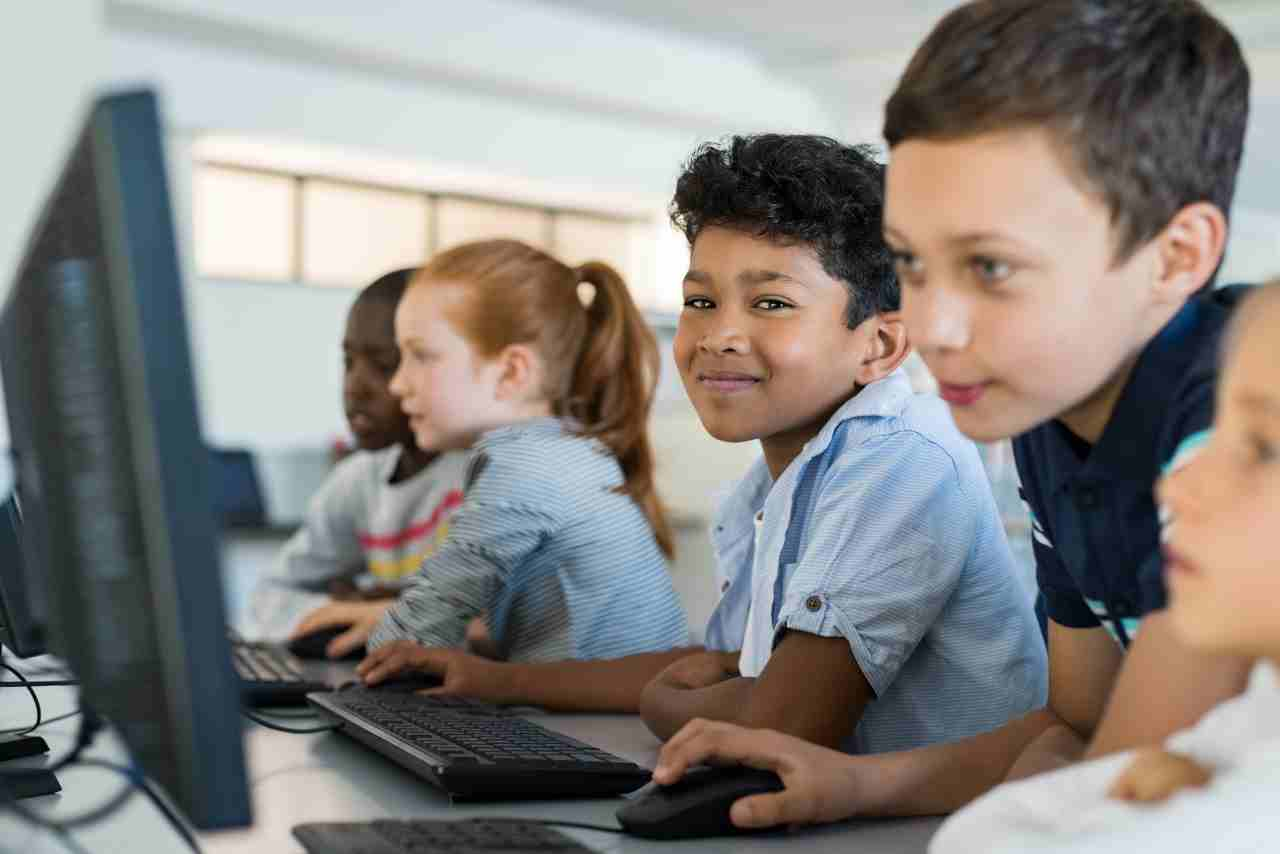
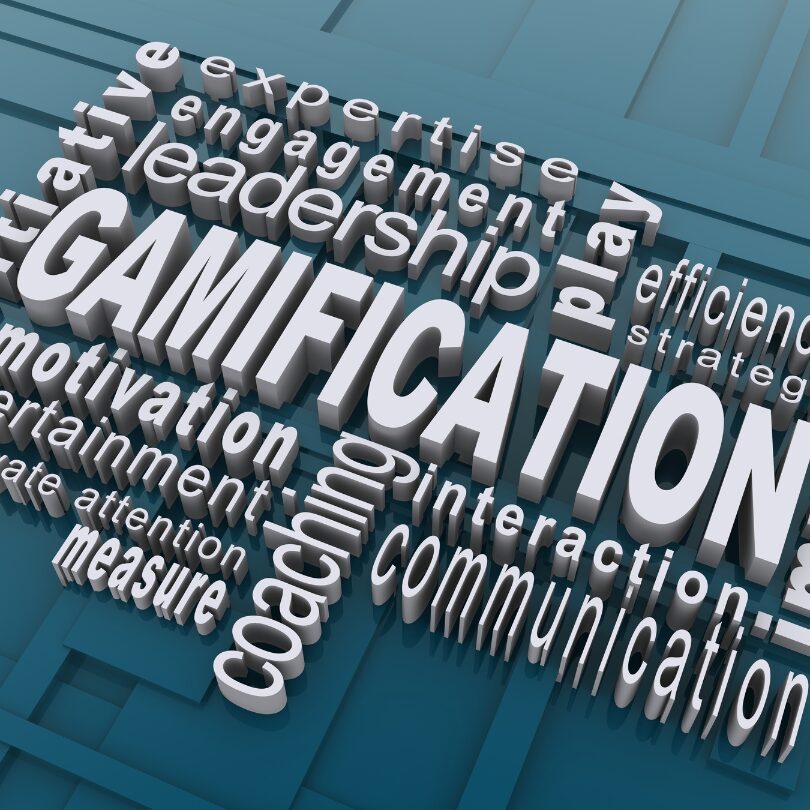
Course description
In this course you will immerse yourself in the fascinating world of games and learn how to design strategies to transfer their mechanics to the educational environment.
You will discover how to turn your classes into dynamic and motivating learning experiences, using game elements to encourage active student participation.
Through this process, you will be prepared to create an enriched teaching environment, where learning becomes a fun and effective experience.
Learning outcomes
Know the fundamental principles of gamification and distinguish the different elements that make it up.
To understand the different intrinsic motivators of students and their importance for gamification.
Analyse gamified systems already designed.
To provide a narrative to a gamified project.
Apply a method to implement gamification in a teaching and learning process.
Details
- One week course
- Starting from 480€
- Min. 4 - max. 14 participants
- Certificate of attendance included (80% of attendance required)
- Available in Córdoba
- Also available in Spanish
A 60 € late registration fee will be applied if you register less than 8 weeks before the course start date.
Itinerary
Introduction and welcome
CHECK IN. Emotions, expectations and focus
Definition of gamification
Gamification and learning
Benefits of the game in education
Gamification , models and learning strategies.
Analysis of the student player.
Types of players.
Player motivations: intrisic and extrinsic motivation
Dynamics in gamification.
Where to direct the game.
The 16 motivators of Steven Reiss.
Individual and group motivation
Activation and motivation dynamics
The hierarchy of motivations
This schedule describes likely activities but may differ significantly based on the requests of the participants, and the trainer delivering the specific session.
Course modifications are subject to the trainer’s discretion. If you would like to discuss a specific topic, please indicate it at least 4 weeks in advance.
Project based learning
Innovative Approach to Education
Skills, Knowledge, and Mindset
Project Based Learning (PBL) is emerging as one of the innovative educational lines that contribute to the improvement of meaningful learning by our students and, therefore, increases the quality of teaching, as well as the quality of the education system in general.
In the current educational moment, in which there is talk of the need to develop key competencies in students and a change of methodology, project work is a very valuable tool for the entire educational community
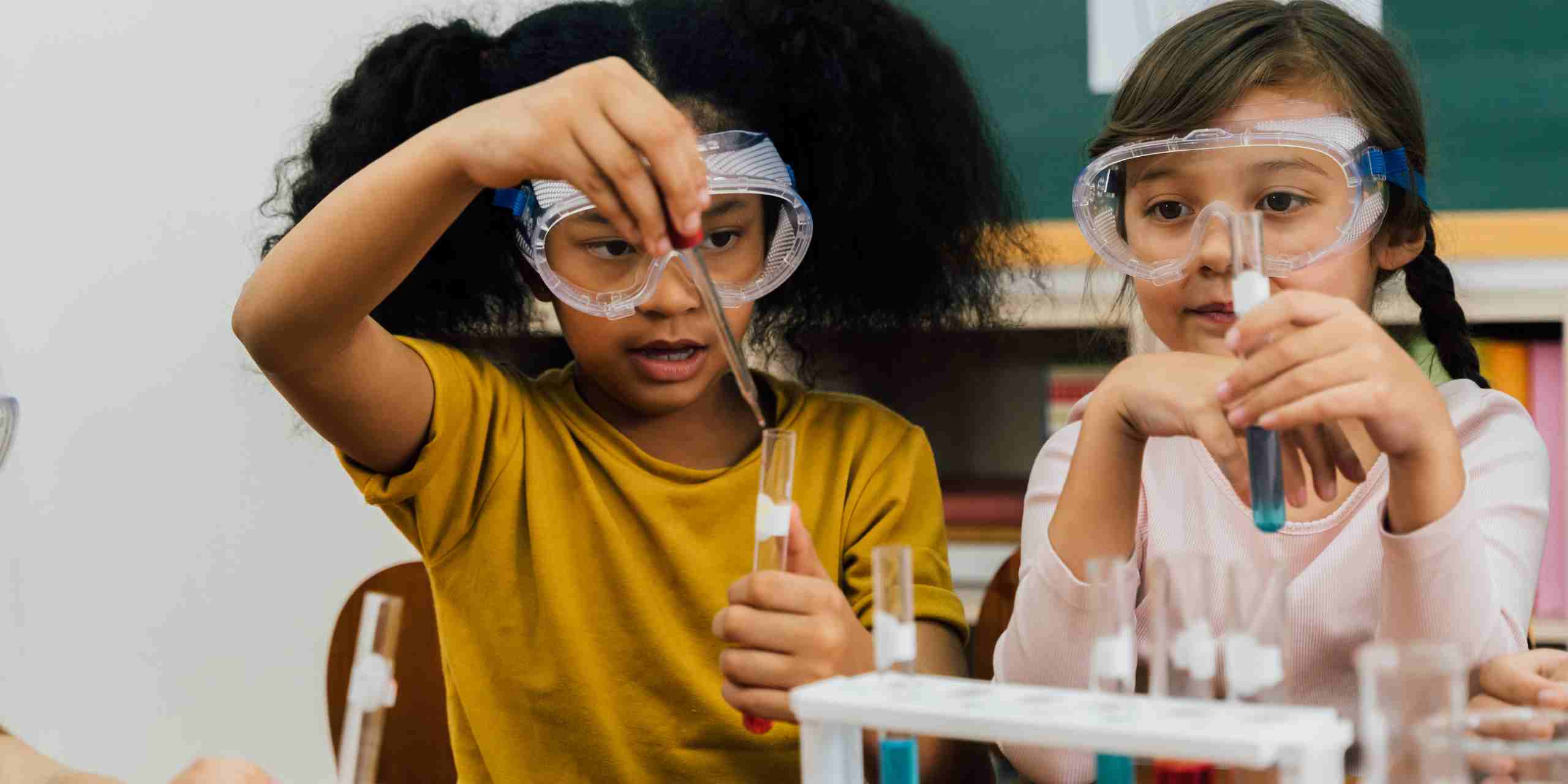

Course description
In this course you will immerse yourself in the fascinating world of games and learn how to design strategies to transfer their mechanics to the educational environment.
You will discover how to turn your classes into dynamic and motivating learning experiences, using game elements to encourage active student participation.
Through this process, you will be prepared to create an enriched teaching environment, where learning becomes a fun and effective experience.
Learning outcomes
Differentiate the terminology associated with Project Based Learning (PBL) and Project Work (PxW).
To know the psycho-pedagogical bases underlying this educational approach in order to understand how it works.
To go deeper into the process of implementing PBL and PxW.
To be able to apply a project in the classroom.
Details
- One week course
- Starting from 480€
- Min. 4 - max. 14 participants
- Certificate of attendance included (80% of attendance required)
- Available in Córdoba
- Also available in Spanish
A 60 € late registration fee will be applied if you register less than 8 weeks before the course start date.
Itinerary
Introduction and welcome
CHECK IN. Emotions, expectations and focus
Meaning and value of Project Based Learning (PBL)
PBL as an active methodology
PBL and PxW
Psychopedagogical bases of this methodology
Importance of programming by competences
Strategies for linking PBL with the school curriculum: objectives and standard content
Timing in PBL
Introduction
Importance of evaluation in this methodology.
Tools for the evaluation of a PBL and PxW
Introduction
Examples of WxP and PBL.
Advantages and benefits of this methodology.
Disadvantages and difficulties in the implementation of PBL
This schedule describes likely activities but may differ significantly based on the requests of the participants, and the trainer delivering the specific session.
Course modifications are subject to the trainer’s discretion. If you would like to discuss a specific topic, please indicate it at least 4 weeks in advance.
Creativity & Critical Thinking
Preparing students to thrive in today’s complex and rapidly changing world
Divergent Thinking
Promoting creativity and critical thinking in the classroom is essential for preparing students to thrive in today’s complex and rapidly changing world. Educators can foster creativity by providing opportunities for open-ended exploration, experimentation, and problem- solving.
By encouraging divergent thinking and valuing students’ unique perspectives and ideas, teachers create a supportive environment where creativity can flourish.
Additionally, integrating arts, music, drama, and other creative disciplines into the curriculum can inspire students to think creatively and express themselves authentically. Similarly, promoting critical thinking involves challenging students to analyze information, evaluate evidence, and make reasoned judgments.
Teachers can facilitate critical thinking by asking thought- provoking questions, encouraging inquiry-based learning, and providing opportunities for debate and discussion.


Course description
Discover the world of creativity with our course for teachers. You will learn about the definition, characteristics and neuropsychological basis of creativity. Learn about the background of the study and the characteristics of creative people. Understand the influences of environment and context on the creative process.
Explore models and their application to problem solving. Bring creative projects to life using ICT and learn to generate ideas using PBL methodology. Develop your students’ creative and critical thinking skills.
Discover how to apply creativity in the classroom and transform your educational context. Learn activities to bring creativity into the classroom, from checklists to imitation techniques.
Learning outcomes
To develop the creative capacity of students through the implementation of creative procedures in classroom activities.
Understand creativity and the creative product, as well as the development of creativity in humans.
Assess strategies to initiate the creative process in people, taking advantage of environmental resources and ICT.
Analyse the importance of fostering creative and critical thinking in students
Details
- One week course
- Starting from 480€
- Min. 4 - max. 14 participants
- Certificate of attendance included (80% of attendance required)
- Available in Córdoba
- Also available in Spanish
A 60 € late registration fee will be applied if you register less than 8 weeks before the course start date.
Itinerary
Introduction and welcome
CHECK IN. Emotions, expectations and focus
Definition, characteristics & neuropsychological basis of creativity
Characteristics of creative people
Models and their application as problem solving
Models of the creative process as problem solving
The development of creative projects.
Project development using ICT
The need to develop creativity and critical thinking in learners.
How to develop creative and critical skills.
Using information creatively and critically
Creative approach in the classroom
Characteristics of creative thinking
Stages of the creative process
Checklists
Random Input
Asking questions
Imitation
This schedule describes likely activities but may differ significantly based on the requests of the participants, and the trainer delivering the specific session.
Course modifications are subject to the trainer’s discretion. If you would like to discuss a specific topic, please indicate it at least 4 weeks in advance.
Enjoy training... and Andalusia
Obviously, training is a key aspect, but the environment makes the experience complete.
Córdoba
Seville
Granada
Madrid
Cádiz
Málaga

Perfect Location
How to get to Córdoba?
Córdoba has no airport, but there are excellent connections to our city from three international airports thanks to the AVE (High Speed Train)
Málaga
Your best option, due to the high amount and variety of international destinations and the facilities to link your flight to the train.
Madrid
International Airport Adolfo Suárez is the biggest airport in Spain and it has connections with all the important destinations in Europe.
Seville
Is another option, though destinations and frequencies are not the best. Check if it fits your plans.
Get in touch
Contact us
Send us a message and we will clarify any doubts you have about our courses.
